When I discovered that The New School was once known as the University in Exile, I longed to earn my undergraduate degree there. My longing then collided with my financial circumstances, as I realized that the cost would be an inevitable burden on my single-parent, sub-poverty household. With no money available to pay the tuition balance, I knew I’d have to borrow a sum too great to foreseeably repay.
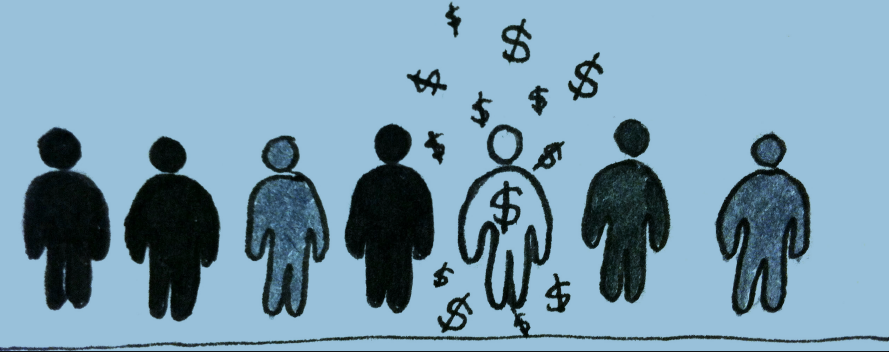
Nearly a year has gone by since I made the decision to take out the necessary loans and attend The New School. In many ways, it’s been a rewarding endeavor. The overwhelming implications of the social-caste demographic, however, have provoked regret. A stigma lingers in the air here. It is a stigma of assumptions — assumptions, that is, as they pertain to ethnicity. At The New School, perhaps the most declaratively reformist institution of higher learning, the student body is taciturnly classified into ethnic compartments. This compartmentalization based on ethnic identity seems to predetermine identity on all other terms — ideology, morality, spirituality, character, as well as financial means. All appear to be decided in advance for an individual New School student, primarily on the premise of race.
It would follow, then, that from my whiteness, my New School peers may deduce that I am well-moneyed, even affluent. It’s highly unlikely they would assume that my family falls well below the United States poverty line. Moreover, it’s implausible that New Schoolers would ever presume that I have, in my life, understood what it is to be a minority.
In fact, I have.
My ethnic identity crisis first unearthed in a public elementary school classroom, where I was the only white student. Staring at me from across the recess line with a look of disgust, an African-American classmate told me, as she shuddered with horror, that I was “as white as a piece of paper.”
Her language didn’t startle me; I was shaken, instead, by what here remained unspoken. For the first time, I caught a glimpse of what crouches in the murky shadows of implication. I wrestled with the assumptions that, I figured, must come packaged with the pallor of my skin tone. While this occurrence was only the first of many circumstances in which my peers pointed mockingly to my white skin, none affected me quite as profoundly. Then, as I least expected them, assumptions lurked treacherously back into my youth. It was the seventh grade when again they hurled themselves onto my shoulders from behind and knocked me to the floor with a thud.
They came in the form of designer brands, straightened hair, and the chin-up attitude of the upper-middle class. I was attending an independent suburban school and, instead of being the minority, I was now the overwhelming majority, or so my skin color would suggest. But besides this commonality and a love for the world of academia, I was not capable of relating to my ethnic “peers.”
My peers thought it normal to have two parents in the same household. I had previously thought it an anomaly. My peers looked at bars and alcohol with a stare that expressed both disdain and curiosity. Some of my most pleasing childhood games consisted of leading the flicker of a flashlight under bar tables in hopes of finding spare change. My peers seemed to think money grew on trees, an exuberant amount of which was necessary to sustain life. I recall the sadness that hung palpably in the air as my mother shed tears because she could not pay the rent. On these levels and others, I felt I understood things my classmates would never really comprehend. I felt that I saw the world bespectacled by a lens they’d never have to wear — the lens of struggle, of being a minority. The feeling distanced me from my classmates, and I eventually ended up with my back pressed against the wall, a minority among a majority, unfit for the ethnic and social grade to which I appeared to belong.
So, belonging nowhere, I sought to find a somewhere to call my own. A place from which I came, a place to which I could cling. This impulse, however manifest, remained transparently lurched between my shoulder blades, breathing hot air down my back. Finally, in the duration of my first semester here at The New School, it was exposed in full.
I understand why white people are never presumed to be a struggling race — because the race itself is not struggling. White men and women will never comprehend fully the horrors of racial containment. Many will never comprehend the suppression of the individual, either. But some have.
The New School preaches equality like dogma; I’m grateful that this is the case. The University in Exile — the school of “everyone else,” everyone lesser, everyone who deserves to be more. But today, The New School is not primarily represented by suppressed and struggling scholars. Instead it has become a home to the American affluent.
Could it be sky-high tuition prices we have to thank for the top-crust New School population? Probably. We’ve likely weeded out most of the prospective students whose brains are big enough to learn here but whose wallets are not. But the cause is not so much the point. The point is that the majority of New School students, rather than acting out against suppressive typecasts, have become prone to typecasting ourselves. We’ve become presumptuous — presumption in that we’ve made it far too easy to pre-assume.
It is a grievance to assume that, because a person is white, they see the world through the lens of affluence or ease. I came to The New School in pursuit of the University in Exile, and instead I’ve found myself, to some degree, exiled. I came in pursuit of the fellow outcast, the forward-thinking, equality-minded academic. I’ve found a few of those, and I value the community we’ve formed, a community which is grounded in the New School’s ideological roots. At large, though, those roots have rotted. The University in Exile has become a thing of the past.
By making assumptions based on ethnicity, the vast perspectives gained from individual life experiences are stifled, suffocated within ethnic compartments. Just as I have encountered assumptions made about myself according to my whiteness — that because I am white, I’ve surely never missed a meal or lived in a car — I have observed others from non-white ethnic backgrounds encounter assumptions just as severe. I have witnessed New School students draw invisible lines between Hispanic individuals and manual labor, African-American individuals and “the street.” These non-sequitur assumptions are not only unjust — they’re unacceptable. At The New School, and everywhere.
My cousin once told me she felt as though her “ambiguous ethnicity” was best described by the flavor marketed by the candy Airheads as “white mystery.” This may very well be the sub-minority group I represent. The downside to this ethnic creation lies in its transparency. In its inherent fiction, it lacks all defining characteristics. Ethnicity, it seems, is indicative of so much more than skin color. Sometimes I wish that my character, my perspective, my worldview, would not be assumed from my ethnic identity, but judged simply by the person that I am.
Marilyn Little is a guest contributor.


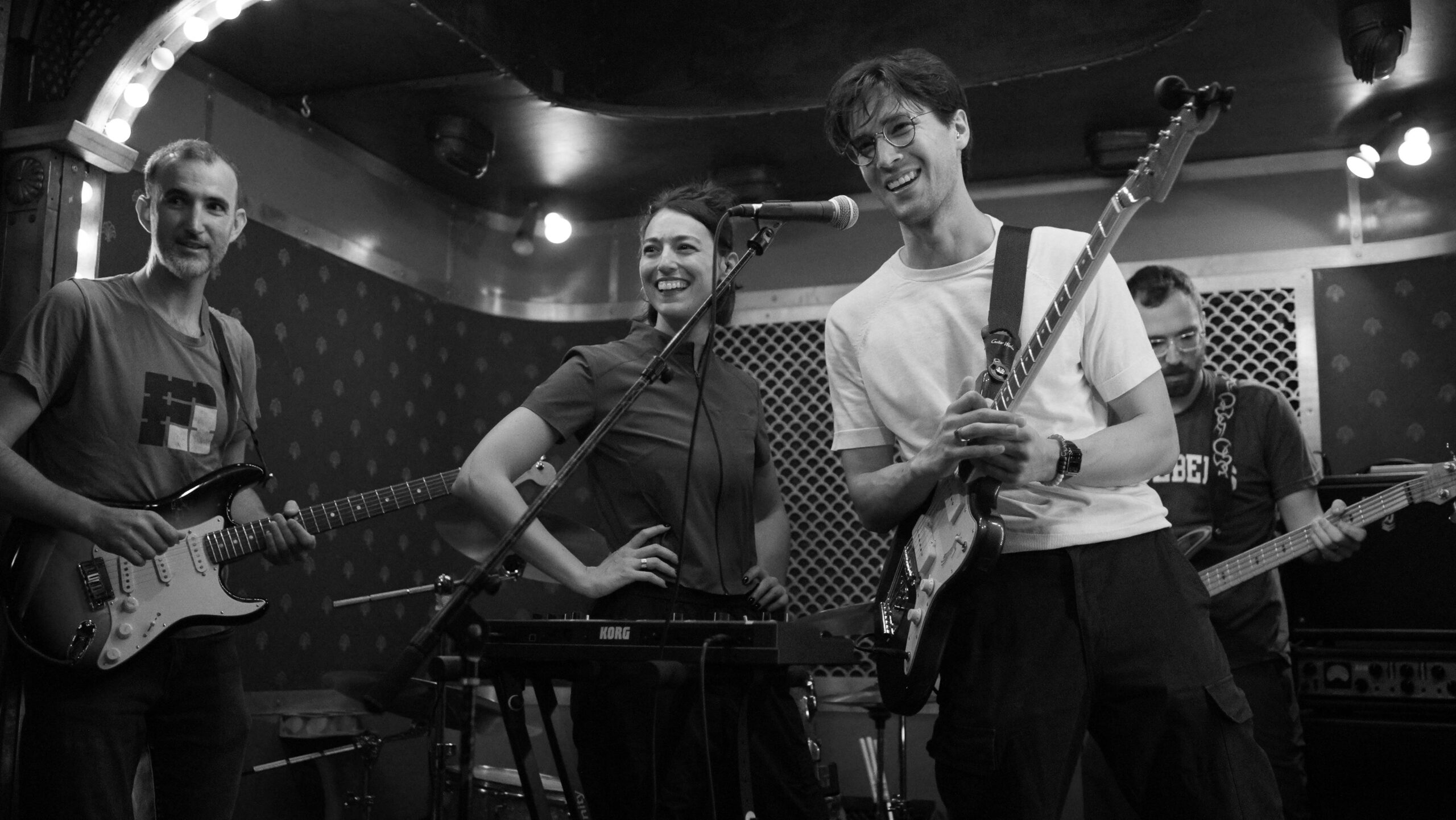
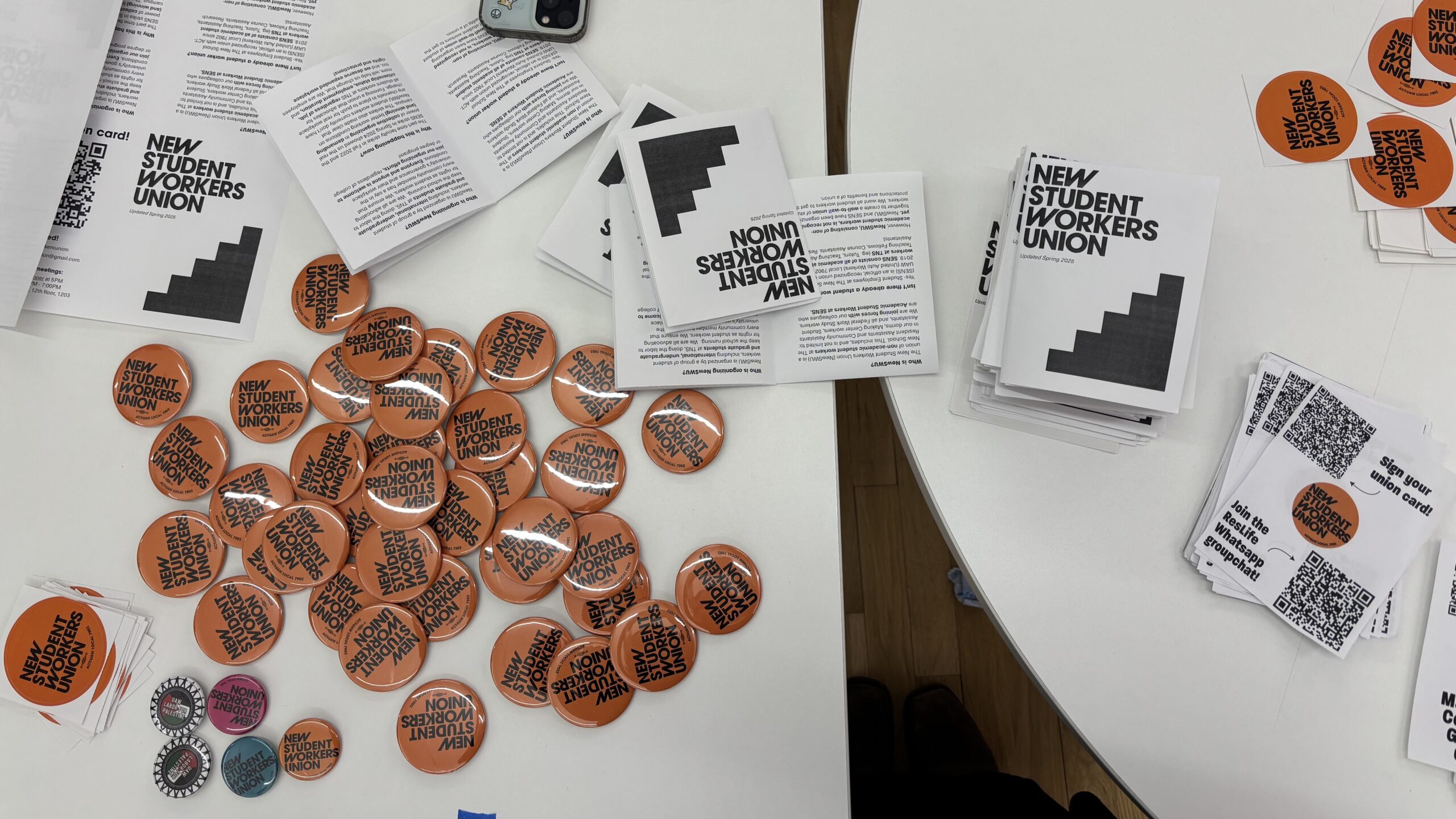
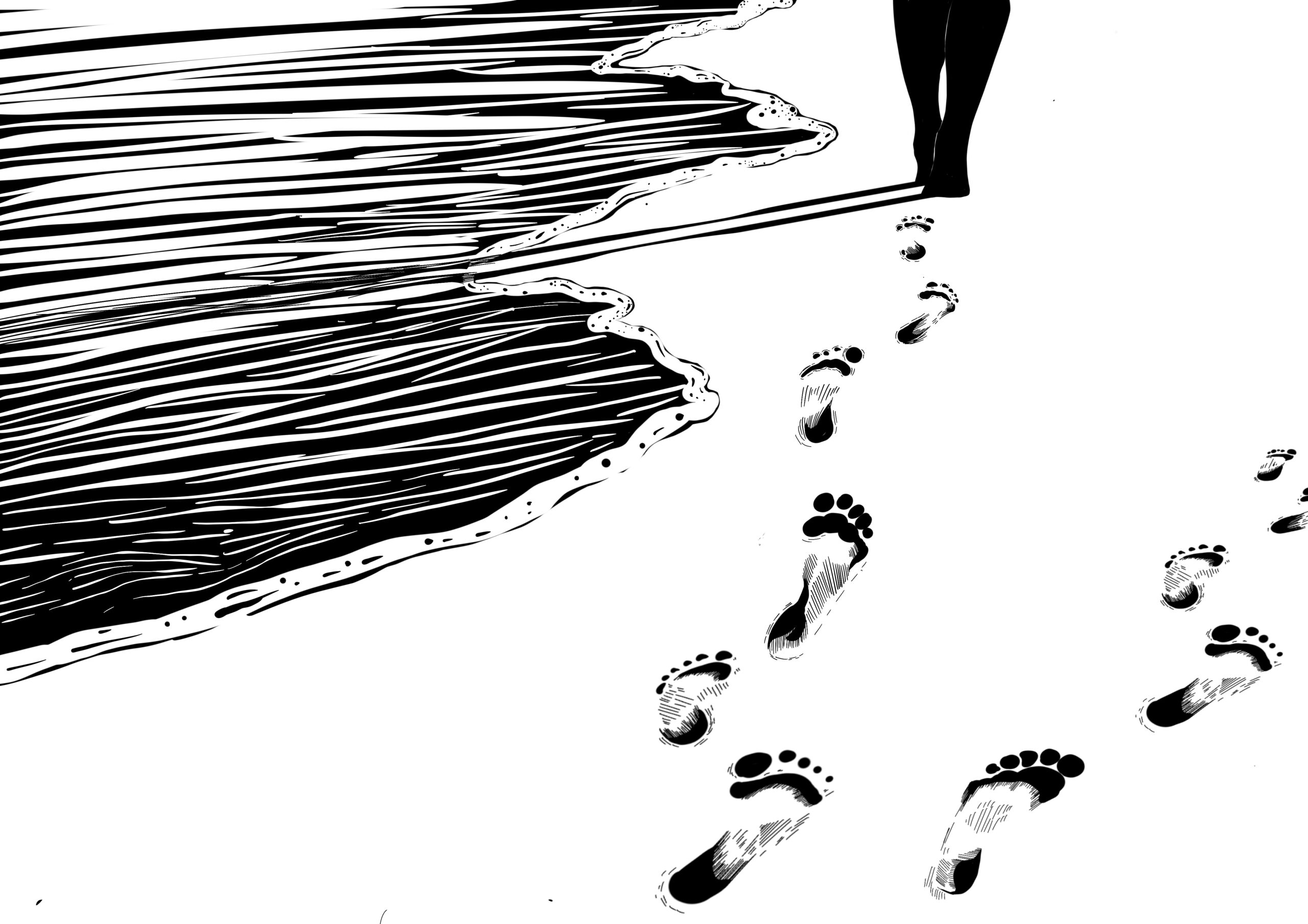
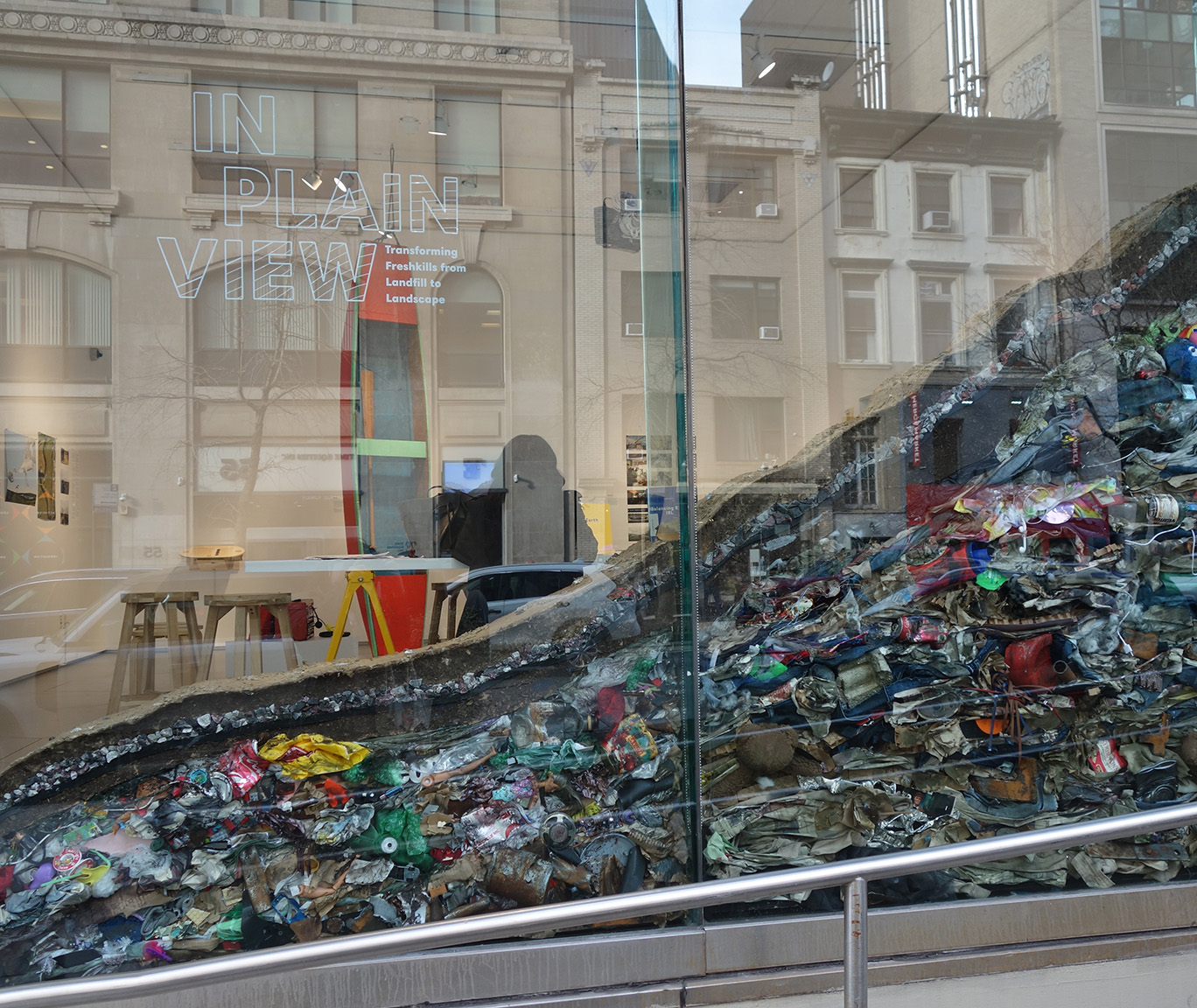
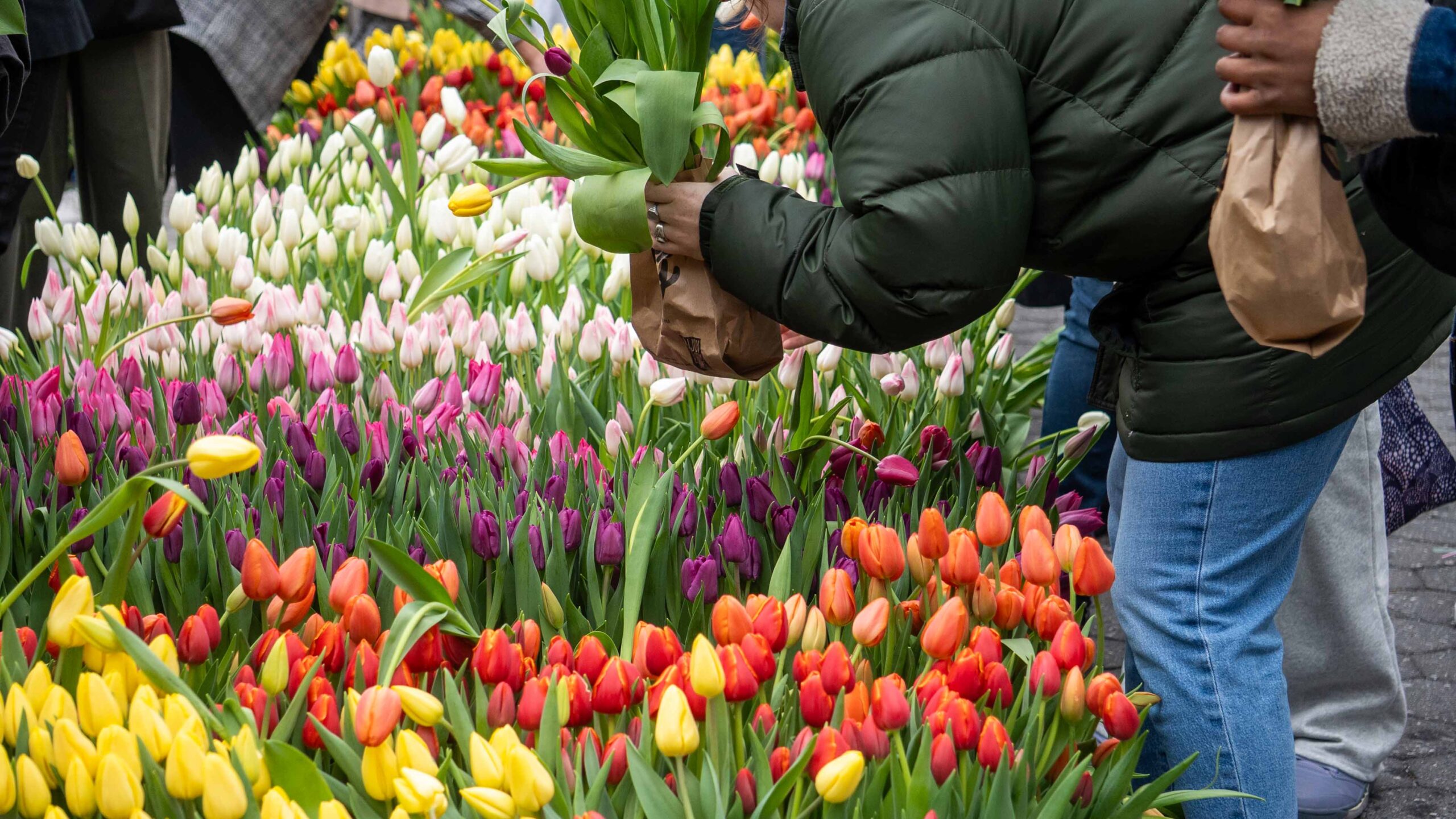
Leave a Reply